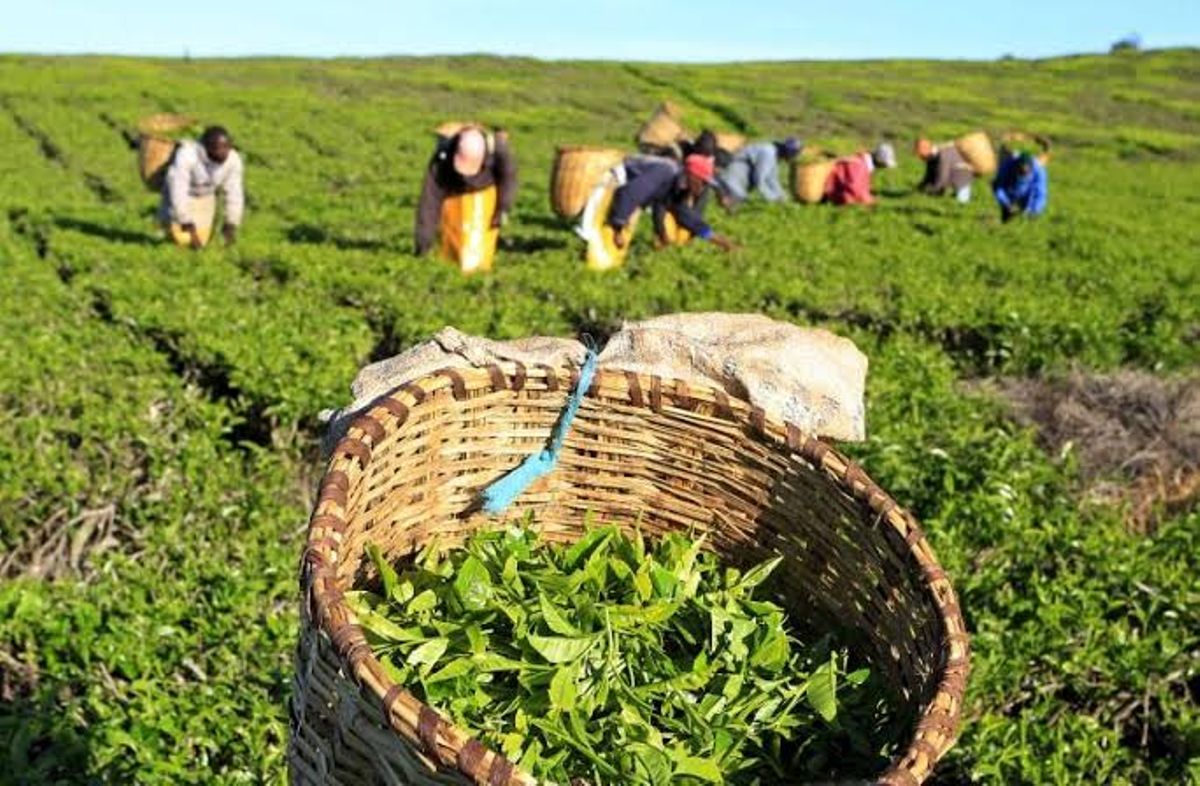The Kenyan government, in collaboration with the Kenya Tea Development Agency (KTDA), has initiated a set of strategies to enhance tea prices and manage the growing stock of unsold tea.
Concerns arose after it was revealed that approximately 100 million kilos of tea remained unsold in KTDA warehouses in Mombasa as of July last year.
To tackle this challenge, the government suspended the minimum reserve price in August, which had been fixed at Kes 313.31 per kilo since 2021.
The move aimed to encourage new buyers and reduce the accumulating stockpile, ultimately stabilizing earnings for farmers.
Mandatory Reporting by Tea Factories
During a meeting held in Kisumu and led by Agriculture Principal Secretary Paul Ronoh, it was decided that all tea factories must submit reports on their unsold stock within a week to the Tea Board of Kenya for further action.
“All tea factories must disclose their unsold stock to enable necessary measures to be implemented,” Ronoh stated.
Pricing and Quality Enhancements
To safeguard the industry, a regulation was introduced prohibiting the sale of tea below production cost, with factory directors assuming direct responsibility for managing sales.
Factories were also urged to improve tea quality, while directors were directed to collaborate with brokers to set competitive pricing structures.
Government Support and Market Expansion
The government also pledged to review levies and taxes in the tea industry to encourage value addition. Additionally, financial aid was promised to assist older factories in upgrading their operations.
Efforts to expand into new markets for Kenyan tea were also discussed, with buyers expressing their readiness to support better pricing for farmers.
Task Force to Investigate Tea Stockpile Issues
A special 15-member task force, led by chairperson Nicholas Munyi, has been established to investigate the root causes of the tea stockpile crisis and its impact on the sector.
The team will identify short-, medium-, and long-term solutions, addressing issues such as delayed payments, warehousing conditions, and pricing differences between tea grown in the East and West of the Rift Valley.
As part of its mandate, the task force will conduct nationwide meetings and public forums to gather insights and recommendations from industry stakeholders.
Kenya’s Decaffeination Facility Investment
In a significant industry milestone, Kenya has become the first African country to host a decaffeination facility.
Global Tea & Commodities Limited has committed an investment of Kes 3.2 billion (US$24.76 million) for a new tea processing plant in Kwale County.
This investment is expected to bolster value addition in Kenya’s tea and coffee industries, increasing farmers’ earnings and enhancing the country’s standing in the global tea market.
READ: Tanzania Secures US$1.3 million from Norway To Boost Agriculture






